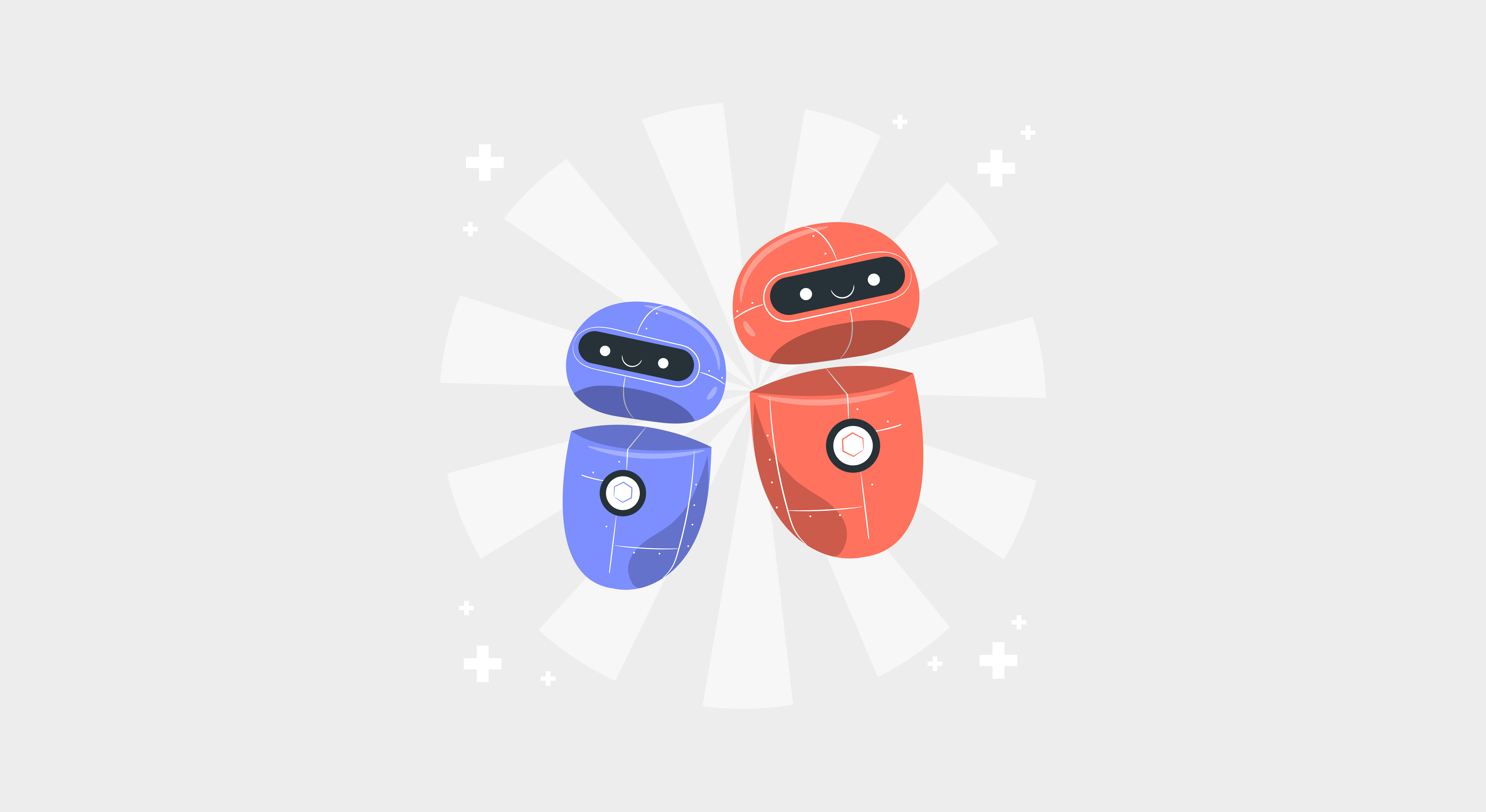A chatbot is only as good as its script. The purpose for any company, business, or use case , from e-commerce and education to retail and real estate, to use chatbots is to improve customer experience and make it fast and efficient. Considering that the mode of communication of chatbots is a conversation, we need to ensure that we choose words and phrases that simply and effectively get the work done.
Before you start writing a chatbot script, you must ask the important questions: What are you trying to solve with the chatbot? Who is going to use the chatbot? Why is it better than the competitors? What does success mean to you in this exercise? A chatbot’s desired functionality is more than presenting information in form of pre-formed templates — it takes the customer on a personalized journey that leverages automation and has the power to vastly improve their satisfaction level and experience with a brand.
Characteristics of Successful Chatbot Scripts
Writing a good chatbot script requires you to pull out skills from your copywriting and user experience arsenal. Any chatbot, be it rule-based or artificial intelligence (AI) or natural language processing (NLP) based, that successfully gives its users a fulfilling journey is equipped with a few characteristics as the ones detailed below.
They are conversational
Humans primarily interact and express themselves via conversations. Therefore, while we know that a chatbot isn’t human, we want its messaging style to mimic human speech characteristics while upholding brand personality and voice. However, we must ensure that chatbot scripts are constructed with simple, easy-to-understand elements that don’t use sophisticated vocabulary or complicated sentence structures.
One way to make your script or chatbot conversation more two-way is by asking questions. Proactive questioning gives the chatbot users a nudge to respond without inhibition and even ask their questions without fear of judgment. This improves accessibility and eventually leads to happier customers and more lead generation for marketers.
They are to-the-point
Good chatbot scripts always keep sentences short. When your customers or users are confronted with large blocks of text, they are likely to get overwhelmed and lose interest in the conversation. Cutting out unnecessary words and using bullet points instead of lengthy answers in your script can help you maintain a concise and simplistic dialogue and give better customer support. Good conversational UI instructs that if you do have to write more, you should break sentences into multiple immediate responses.

They are adequately human
Regardless of the popularity of chatbots, they are still a mystery to many people. A friendly, human-like tone that puts customers at ease can help you make a more personal connection. Personalization, with an understanding of what’s relevant and useful, is a great addition to any chatbot script. A simple, yet personalized greeting can make your chatbot more approachable as well as give your customers a great first impression.
Read more:
It is also vital that your script introduces the bot as a non-human entity, especially to a first time user. This will help clarify that the bot is not a real person and create a level of trust with your customers. This will help you provide a better user experience. Additionally, make sure that your script gives users access to guidelines that outline what your users can do through your bot.
They have a distinct personality
A characteristic that every chatbot script should possess is a distinct personality. Think of your chatbot as a character that your customers would enjoy getting support and answers from. Like in a real conversation, your script must take into account what your customers may find humorous, helpful, or inspirational. You must ensure that the personality you try to align your bot to should also align with that of your brand. This could also mean using appropriate quick replies, emojis, gifs, photos, and videos. Staying in character is as important as eliminating dull and generic conversation from your chatbot script. This will help you engage in more effective real-time customer support.

They are prepared to handle the unexpected
Your chatbot script should be equipped to handle misunderstandings or ambiguities with the customers. Possible solutions could be suggesting related questions or FAQs and preparing an error message in case of a misunderstanding so that your customers can get back to the conversation without having to restart. There should also be scope for the users to change their minds and ask other questions with ease.
They are always works-in-progress
Good scriptwriting should always be supplemented by regular updates. Closely analyzing questions asked, leads generated, and customer reviews in your first chatbot script will help you improve your dialogue, add in additional questions, and add new conversation flows. You can also internally test the bot to solve any issues before it is deployed for usage by your target audience. While AI bots can learn on their own from interacting with users, you can still monitor the bots’ learning efforts.
A Perfect Chatbot Script is a Strong Asset
In short, consistency in message and voice paired with the ability to gauge context and prepare for unknowns is key to developing the perfect chatbot script. One must always remember that a chatbot is an evolutionary tool. Even the best ones need regular updating with constant manual monitoring and self-learning AI. To know more about chatbots and how a perfectly written chatbot script can benefit your business, book a one-on-one demo with the HappyFox Chatbot product specialists.








